When the Germany squad first got together for the final Euro 2024 camp two weeks ago, some of their senior players were a bit surprised. Huge numbers had come out to see them. “It was great to see that so many people were there,” Joshua Kimmich said. “You can feel that the people at home are ready, that the atmosphere is building.”
That atmosphere was at a peak on the eve of Euro 2024 in Munich, as the first of an estimated 200,000 travelling Scottish fans sang their way into the city for the opening game against the hosts. Scotland is currently seeing a shortage of kilts as a consequence.
There was no sense of this tournament suddenly starting without much build-up for them. They are among a few countries which have been relishing it for months.
That’s something that figures like Kimmich can often forget, through no fault of their own. This isn’t everything for them but just another part of football that is relentlessly dominated by the club game. It was instructive that the eve of the tournament saw the Professional Footballers’ Association join the legal case against Fifa over the international match calendar. The Champions League final took place just 13 days ago, the shortest-ever break between that showpiece and the start of the European Championships. That’s all the more remarkable given they are both Uefa events. It is a huge reduction from the three-week break in 2012.
It’s also why Kimmich is far from alone in being so immersed in the club game. You only have to look at the main stars. Jude Bellingham only just joined up with the England squad in the last few days because of victory in that Champions League final. Kylian Mbappe’s arrival with France was completely overshadowed by his move to Real Madrid, and he is someone who is obsessed with winning Euro 2024 because it is the one international tournament he hasn’t won.
Modern football doesn’t really allow much chance for reflection about what any of it means anymore. There’s always another game. Unlike Mbappe, the word from a lot of Euro squads was that a significant number feel like it’s too soon to be here – and they resent that. It doesn’t feel as “special” as it used to, because it’s a non-stop rolling football calendar.
The players know Euro 2024 is big and want to go in feeling their best, but can’t because they are hanging on in terms of fatigue. England, where the national team are justifiably thinking about winning the competition, offer an illustrative point. The build-up has been dominated by a Manchester City legal case and the future of the Manchester United manager.
That is also why the scenes in Munich and around the German team are so important. Albania will similarly bring tens of thousands, for a campaign that is a genuine national event. That is what these tournaments are supposed to be about. That’s what football is supposed to be about. For their part, many of the same fatigued players say that such scenes snap them out of it and get them up for it. That’s what Kimmich’s words reflected.
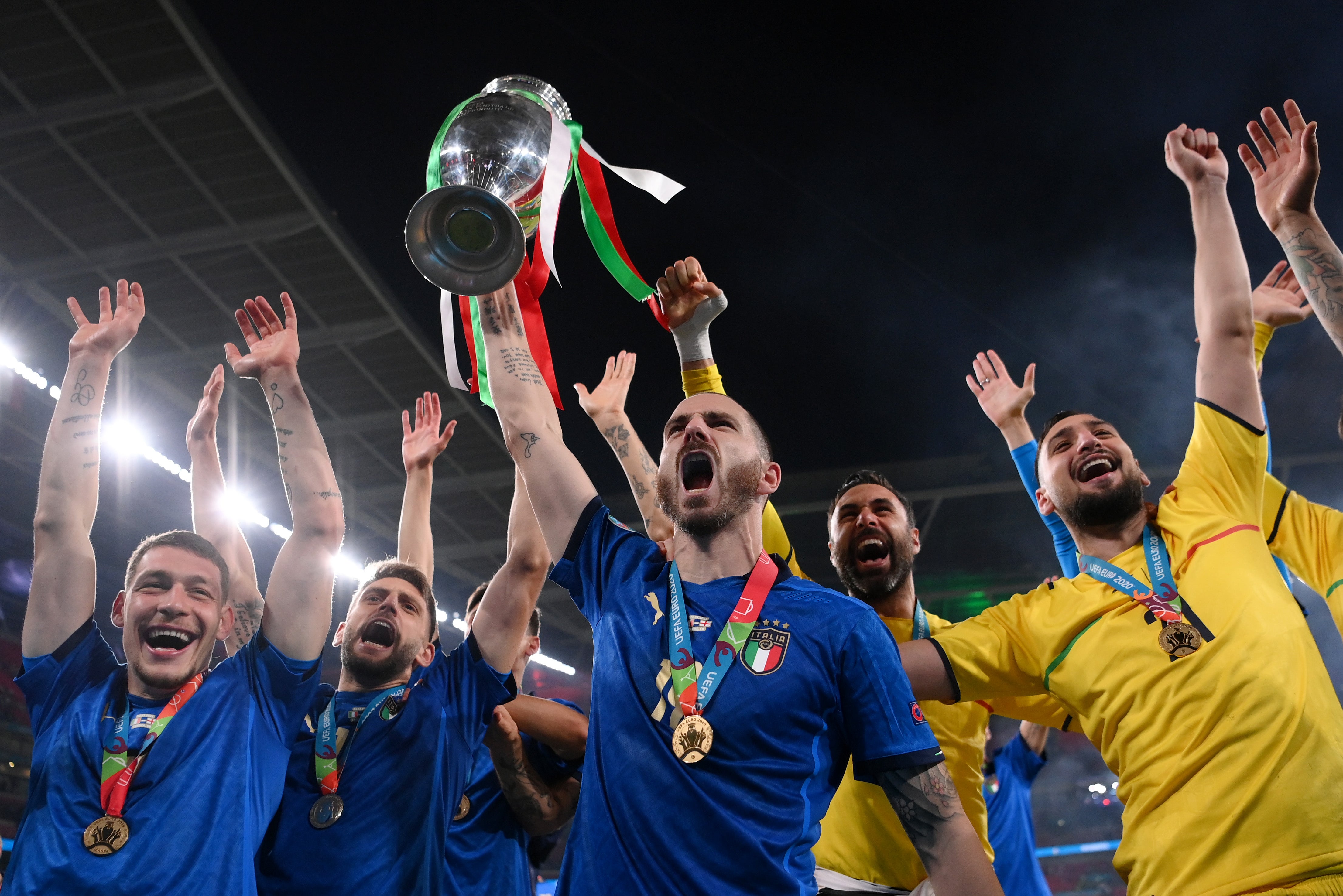
That fact has been easy to forget even at international tournaments, as well as in the club game, though. This is the first since 2016 where virtually every match will have at least 10,000 travelling fans, and many will have multiple times more. Neither Qatar 2022 nor the Covid-affected Euro 2020 had anything close to that. Russia 2018 was better attended than expected, but nowhere near these levels, and it weighs over these Euros in a different way.
The threat of a divided continent colours some of this competition, although it has the fewest off-pitch themes in years. Even Euro 2016 was extremely security-focused after the terror attacks of 2015 in Paris. That isn’t to say Euro 2024 has no issues but it is back to being a more traditional tournament, in more ways than one.
All of this is also why it’s a month to be relished, even if you have barely been paying attention until now. The millions of fans travelling for a continental party reflect the new universality of international football, boasting a purity no longer seen in the club game. There are far fewer legal cases. There are no moral complications about owners. There is no externally engineered financial disparity. There are only players doing it for the glory of it all.
The European Championships arguably reflect this more than any other competition, having had eight different winners in its last nine tournaments. Only Spain in 2008 and 2012 broke an otherwise constant line of new champions.
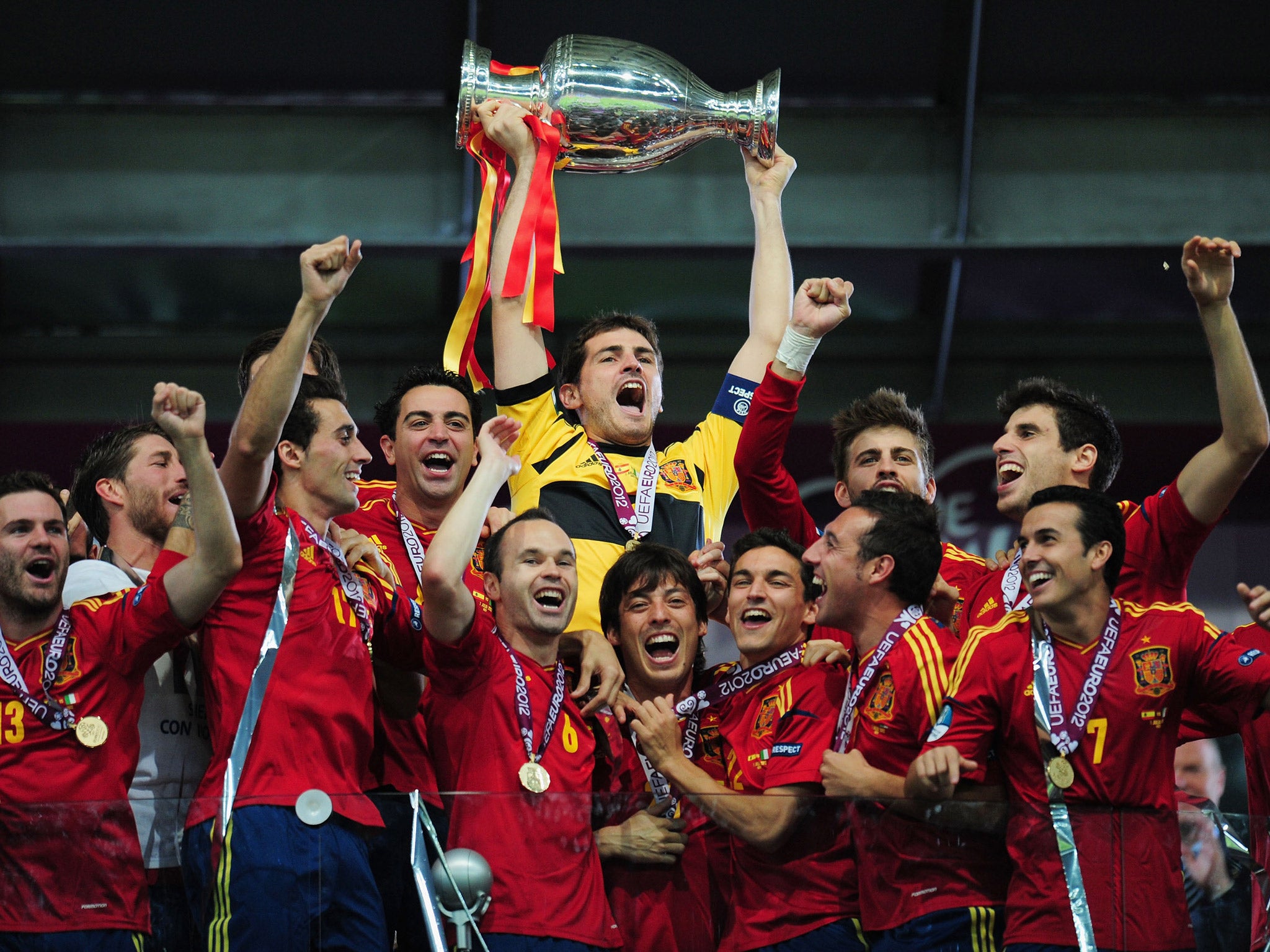
And while some of that record has been influenced by population size and national wealth, as has always been an issue in European football, the rigours of the club game are actually one of a few factors that have served to work against this.
Many of the biggest countries may go in under-prepared or overworked. The field certainly feels more open than it did even a few months ago. It is no longer France, then England, then a group below. Portugal and hosts Germany have risen to that level, at the very least. Spain, Italy and Croatia are three major names who look like they could as easily have great runs as sudden collapses. Given that they’re all in the same group, it may offer a real opportunity for outsiders Albania.
They are among an invigorating number of less-populated or less-fancied nations that feel the same as Scotland, including Hungary, Romania, Slovakia, Georgia and Ukraine. There are no questions about whether this is special for them. They fancy a knockout appearance, which is one of the few positives of the cumbersome 24-country tournament.
This is again the vitality and variety that football is supposed to have. It is true of how the football is going to be played on the pitch, too. Whereas it used to be a flaw that international squads couldn’t reach anywhere near the sophisticated level of tactical integration that the best club sides could, that has recently become a virtue.
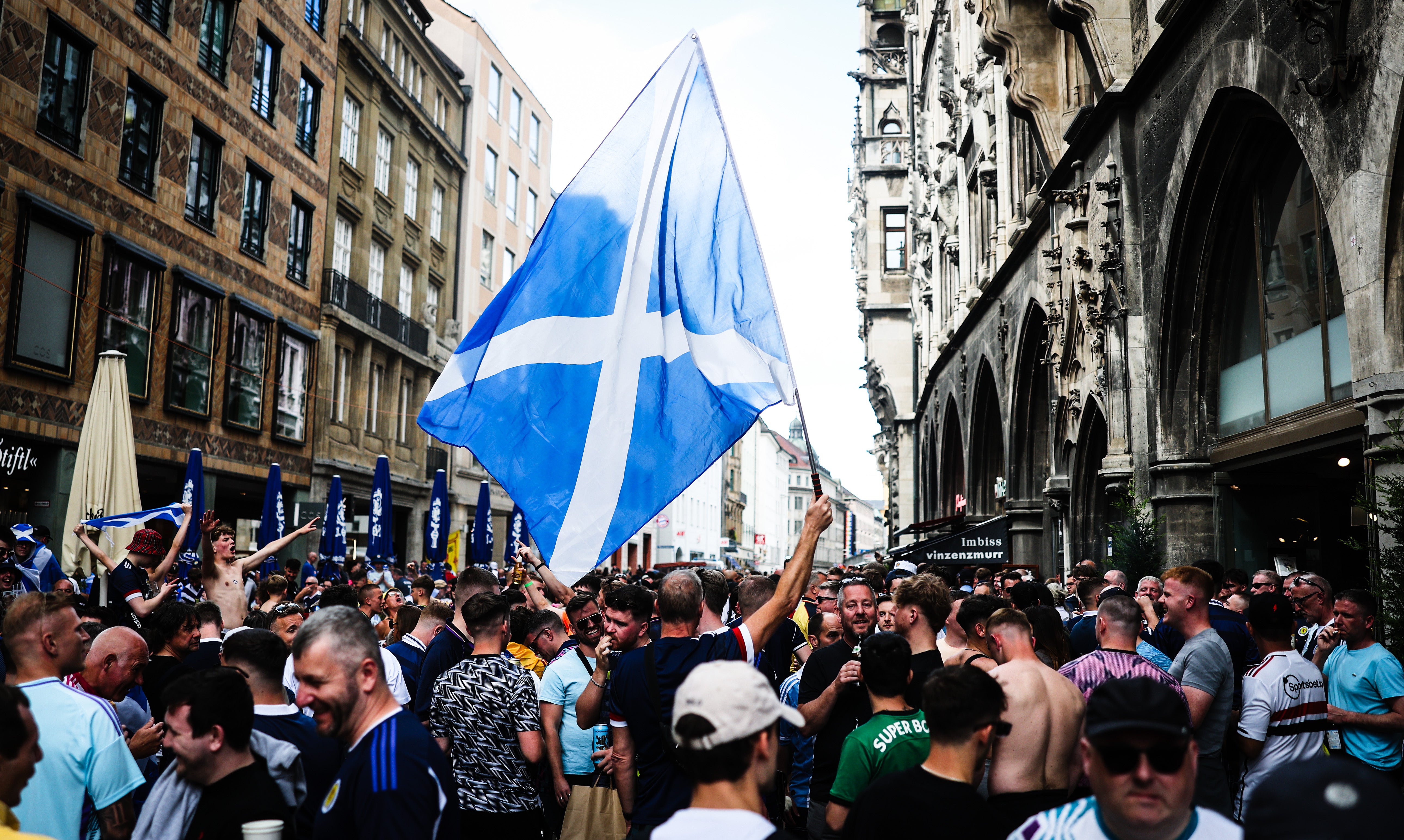
The game is less homogenised. Only Spain, Germany and Ralf Rangnick’s Austria will play anything close to the pervading pressing-possession ideology that Pep Guardiola has spread around Europe. Beyond those, a number of managers could have more pronounced effect, with a more distinctive range of approaches. Italy look weak but Luciano Spalletti could fortify them.
The matches, even more importantly, look different. Along the same lines, this tournament is enjoying an encouraging burst of youthful talent, perhaps illustrating a wider shift in the game.
London-raised German midfielder Jamal Musiala is widely celebrated, but this could be the competition where he goes from stand-out talent to commanding star, while a number of his age group break out. Significant attention should be paid to the performances of Croatia midfielder Martin Baturina, Slovenia striker Benjamin Sesko, Belgian winger Johan Bakayoko, Ukraine midfielder Georgiy Sudakov, Portuguese passer Joao Neves and Turkey midfielder Arda Guler, but there are many others. That’s another old-fashioned joy of a tournament, that it would throw up new names and forces.
There is the potential for old-fashioned problems, too. The millions of supporters attending have sharpened existing concerns over fan trouble and hooliganism, themselves accentuated by the rise of the far right. Euro 2024 may have fewer of its own political themes than comparable competitions but it takes place in a continent that has more political issues than arguably at any point since the event’s foundation in 1960. There’s a war happening a mere five-hour drive away, as Ukraine play their first competition since the invasion by Russia.
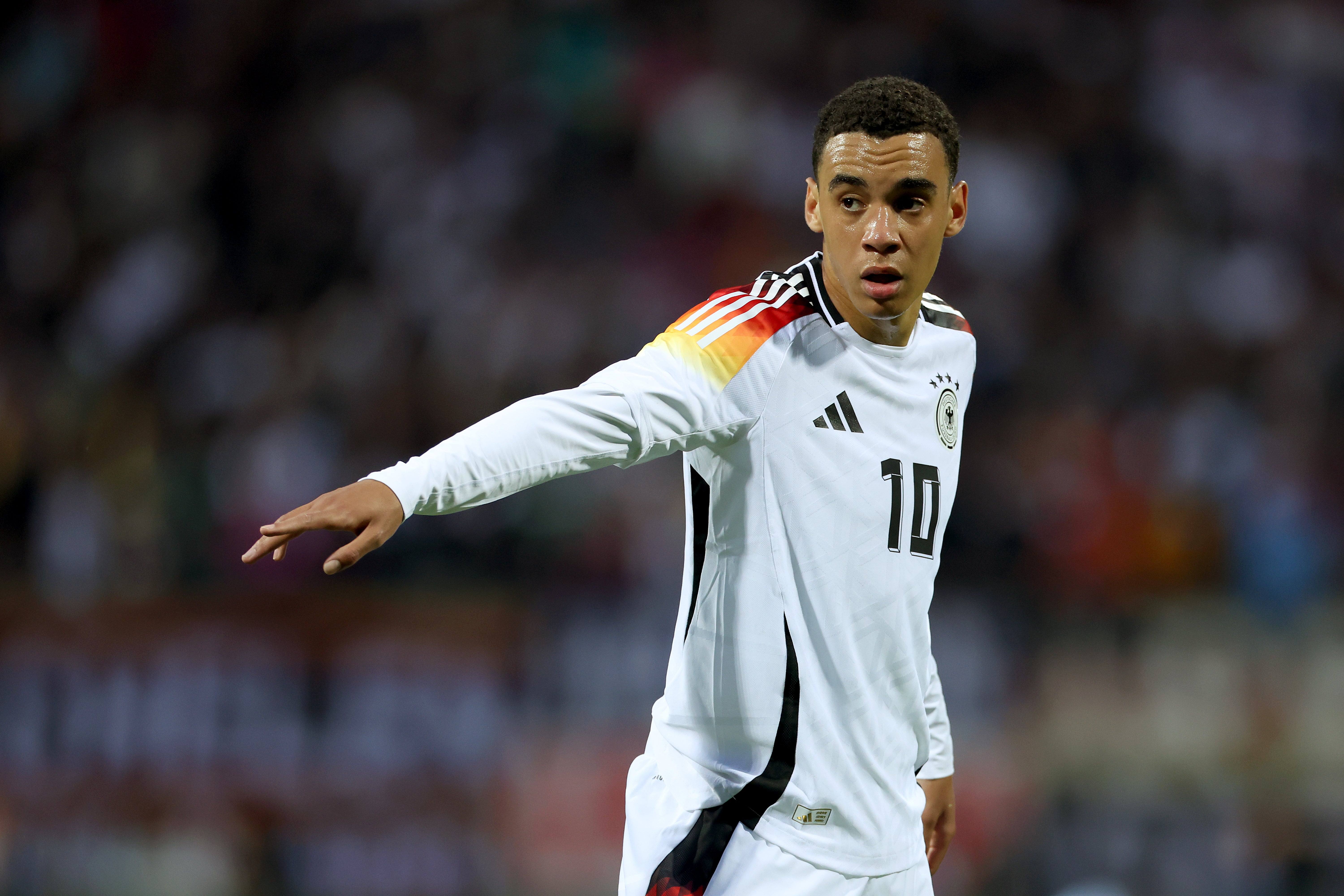
There are concerns at top levels of football about the potential for interference by Vladimir Putin, perhaps even in the form of hacking. That war has meanwhile influenced some of the far-right elements that have spread around the tournament.
The German government’s own backing of Israel in the Gaza conflict has meanwhile remained unflinching despite a considerable rump of the population – particularly among the migrant community – supporting Palestine. Some senior Uefa officials have openly expressed gratitude that Israel haven’t qualified, but protests are expected. It is a pat thing to say, but the official tournament slogan of “United by football, united in the heart of football” contrasts with the feeling on the continent. Serbia’s Russian-facing stance has ensured their opening match against England has been marked as a high-security game.
In terms of the hosts, so much of Euro 2024 almost represents the inverse of Germany’s last home tournament, the glorious “Sommermarchen” of the 2006 World Cup. That marked the nation’s modern arrival, where a new celebration of nationality fostered a more open and confident country, which reinvigorated the national team. Now, the team is trying to find an identity, as this new German nationalism has brought a different kind of political division, amid the rise of the far right and economic insecurity. Even the train system has become dysfunctional.
On the eve of Euro 2024, there were fears that the grand claim of a properly eco-friendly tournament through the first “rail Euros” could be undermined by delays and chaos on the tracks. That could bring real problems for the millions of fans dependent on trains, but they are of course willing to brave it for the reason we’re all here. The actual football.
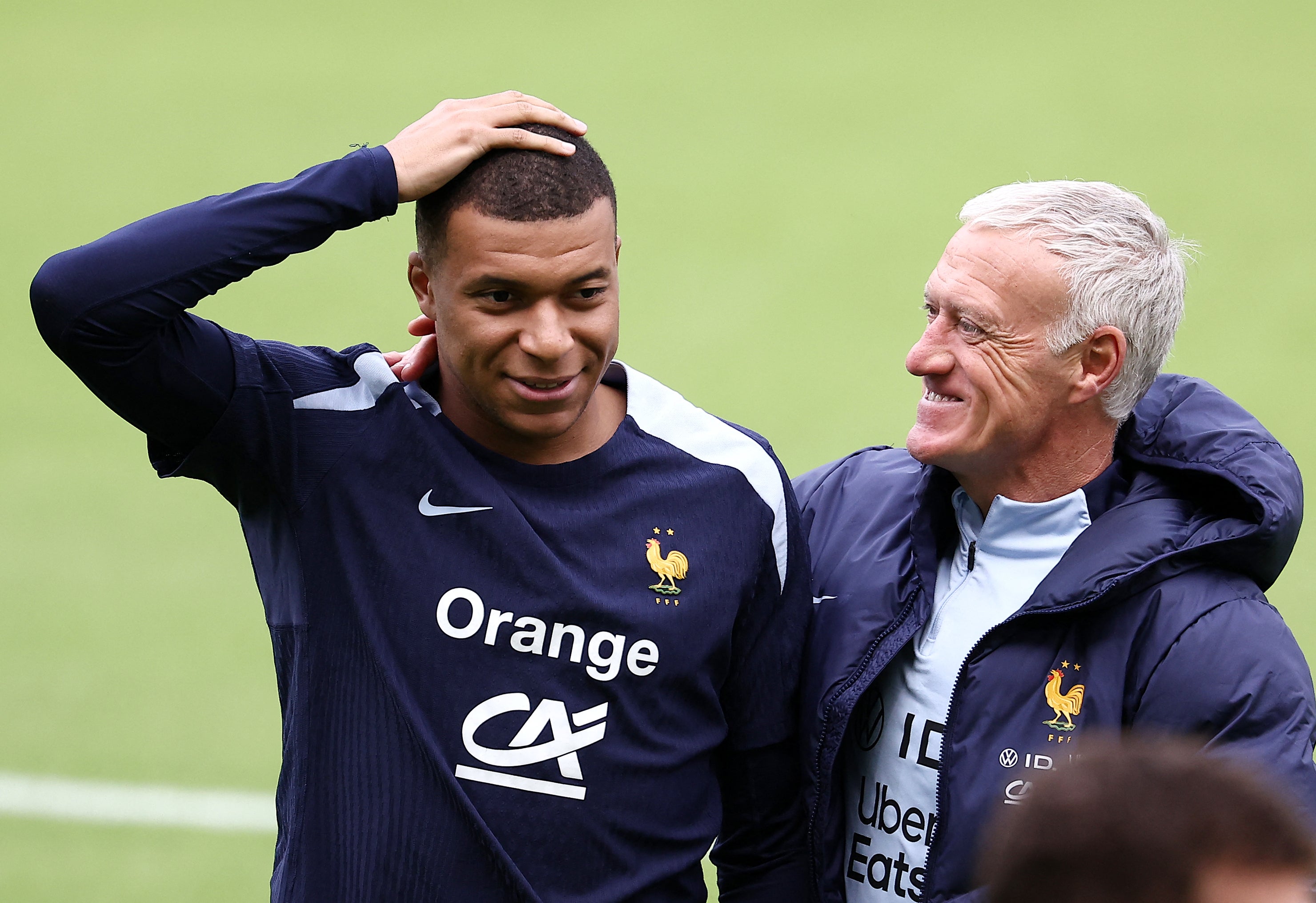
As to what will happen on the pitch, the obvious answer is that France will win and Mbappe will embellish his legacy. One of the more fascinating elements of modern international football, however, is that it often upends the obvious.
Portugal suddenly look like the most defiant force, as Cristiano Ronaldo persists among a brilliant young generation. England still have such talent, but it is lopsided talent, with new questions to answer. Julian Nagelsmann has at least found new answers for Germany, who look like a burgeoning team again, at just the right time. He spoke of an old-school “nervous buzz” running through the squad before the opening game. That’s what this should feel like. It brought a buzz out of Nagelsmann, too.
“Let’s rock,” the German manager said. It’s a gloriously old-fashioned line, for what will hopefully be a gloriously old-fashioned tournament.

